Filter by

Governing New Guinea : An Oral History of Papuan Administrators, 1950-1990
This is the first time that indigenous Papuan administrators share their experiences with an international public in governing their country.These administrators were the brokers of development. After graduating from the School for Indigenous Administrators (OSIBA) they served in the Dutch administration until 1962. The period 1962-1969 stands out as turbulent and dangerous, and for many curtai…
- Edition
- -
- ISBN/ISSN
- 978-90-04-26045-0
- Collation
- x, 358 pp
- Series Title
- -
- Call Number
- -

The Formation of Japan-ROK Security Relations = Meeting the Evolving Cold War…
This open access book argues that Japan-ROK security relations were formed in the process of adjusting the threat perception gap and policy conflict between the two countries. Conventional analyses using a “cooperation or conflict” dichotomy are too limited to capture the complex coordination of interests that security relations entail. In comparison, this book focuses on how, as they inter…
- Edition
- 1
- ISBN/ISSN
- 9789819784790
- Collation
- XI, 216 hlm; ill., lamp.,
- Series Title
- -
- Call Number
- -
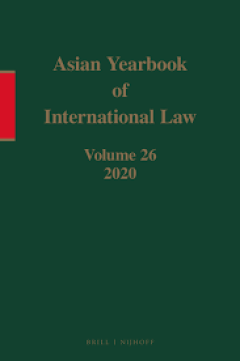
Asian Yearbook of International Law, Volume 26 (2020)
Launched in 1991, the Asian Yearbook of International Law is a major internationally-refereed yearbook dedicated to international legal issues as seen primarily from an Asian perspective. It is published under the auspices of the Foundation for the Development of International Law in Asia (DILA) in collaboration with DILA-Korea, the Secretariat of DILA, in South Korea. When it was launched, the…
- Edition
- Volume: 26
- ISBN/ISSN
- 978-90-04-53097-3
- Collation
- -
- Series Title
- -
- Call Number
- -
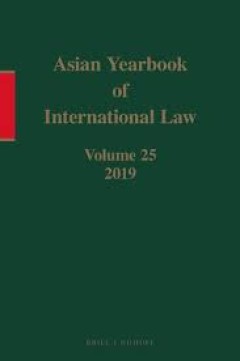
Asian Yearbook of International Law, Volume 25 (2019)
Launched in 1991, the Asian Yearbook of International Law is a major internationally-refereed yearbook dedicated to international legal issues as seen primarily from an Asian perspective. It is published under the auspices of the Foundation for the Development of International Law in Asia (DILA) in collaboration with DILA-Korea, the Secretariat of DILA, in South Korea. When it was launched, the…
- Edition
- Volume: 25
- ISBN/ISSN
- 978-90-04-50124-9
- Collation
- -
- Series Title
- -
- Call Number
- -
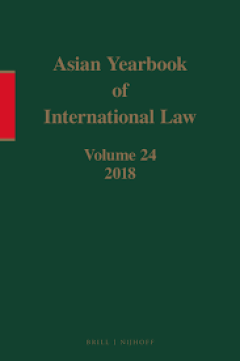
Asian Yearbook of International Law, Volume 24 (2018)
Launched in 1991, the Asian Yearbook of International Law is a major internationally-refereed yearbook dedicated to international legal issues as seen primarily from an Asian perspective. It is published under the auspices of the Foundation for the Development of International Law in Asia (DILA) in collaboration with DILA-Korea, the Secretariat of DILA, in South Korea. When it was launched, the…
- Edition
- Volume: 24
- ISBN/ISSN
- 978-90-04-43778-4
- Collation
- -
- Series Title
- -
- Call Number
- -
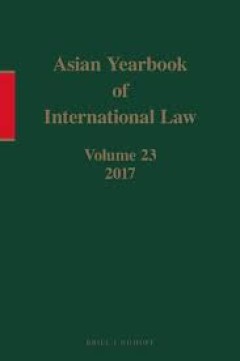
Asian Yearbook of International Law, Volume 23 (2017)
Launched in 1991, the Asian Yearbook of International Law is a major internationally-refereed yearbook dedicated to international legal issues as seen primarily from an Asian perspective. It is published under the auspices of the Foundation for the Development of International Law in Asia (DILA) in collaboration with DILA-Korea, the Secretariat of DILA, in South Korea. When it was launched, the…
- Edition
- Volume: 23
- ISBN/ISSN
- 978-90-04-41582-9
- Collation
- -
- Series Title
- -
- Call Number
- -
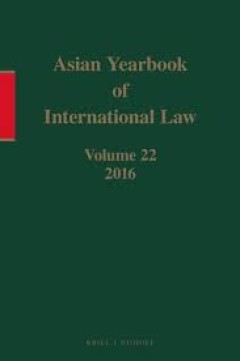
Asian Yearbook of International Law, Volume 22 (2016)
Launched in 1991, the Asian Yearbook of International Law is a major internationally-refereed yearbook dedicated to international legal issues as seen primarily from an Asian perspective. It is published under the auspices of the Foundation for the Development of International Law in Asia (DILA) in collaboration with DILA-Korea, the Secretariat of DILA, in South Korea. When it was launched, the…
- Edition
- Volume: 22
- ISBN/ISSN
- 978-90-04-37963-3
- Collation
- -
- Series Title
- -
- Call Number
- -
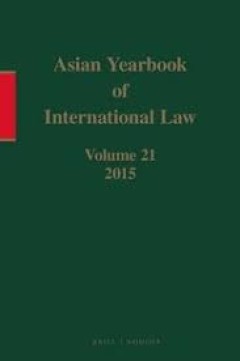
Asian Yearbook of International Law, Volume 21 (2015)
Launched in 1991, the Asian Yearbook of International Law is a major internationally-refereed yearbook dedicated to international legal issues as seen primarily from an Asian perspective. It is published under the auspices of the Foundation for the Development of International Law in Asia (DILA) in collaboration with DILA-Korea, the Secretariat of DILA, in South Korea. When it was launched, the…
- Edition
- Volume: 21
- ISBN/ISSN
- 978-90-04-34455-6
- Collation
- -
- Series Title
- -
- Call Number
- -
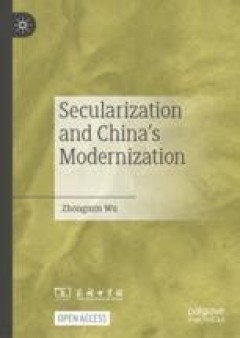
Secularization and China's Modernization
This open access book examines from the perspective of secularization. Since the publication of Max Weber's Protestant Ethics and the Spirit of Capitalism, how to realize modernization in developing countries has become an urgent problem to be demonstrated. Secularization has becoming endogenous power for Chinese modernization procedure, especially since 1978. However, to understand the foundat…
- Edition
- 1
- ISBN/ISSN
- 9789819780624
- Collation
- XI, 402 hlm; ill., lamp.,
- Series Title
- -
- Call Number
- -
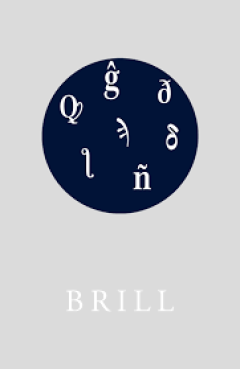
Asian Yearbook of International Law, Volume 20 (2014)
- Edition
- Volume: 20
- ISBN/ISSN
- 978-90-04-37977-0
- Collation
- -
- Series Title
- -
- Call Number
- -
- Edition
- Volume: 20
- ISBN/ISSN
- 978-90-04-37977-0
- Collation
- -
- Series Title
- -
- Call Number
- -
 Computer Science, Information & General Works
Computer Science, Information & General Works  Philosophy & Psychology
Philosophy & Psychology  Religion
Religion  Social Sciences
Social Sciences  Language
Language  Pure Science
Pure Science  Applied Sciences
Applied Sciences  Art & Recreation
Art & Recreation  Literature
Literature  History & Geography
History & Geography